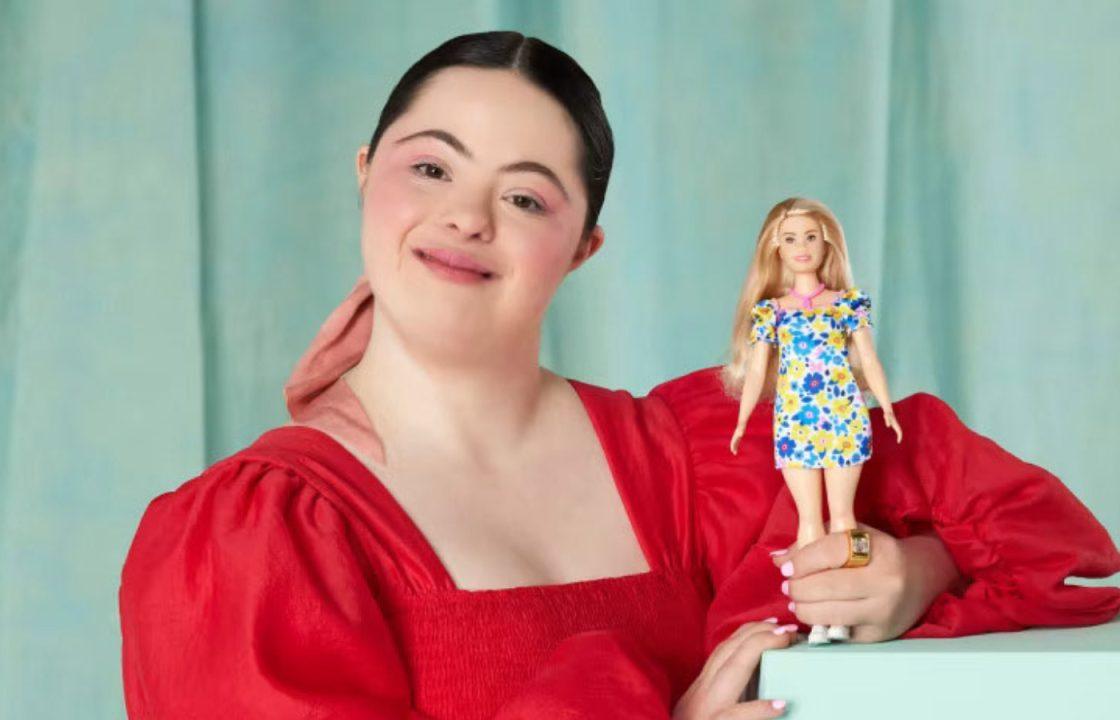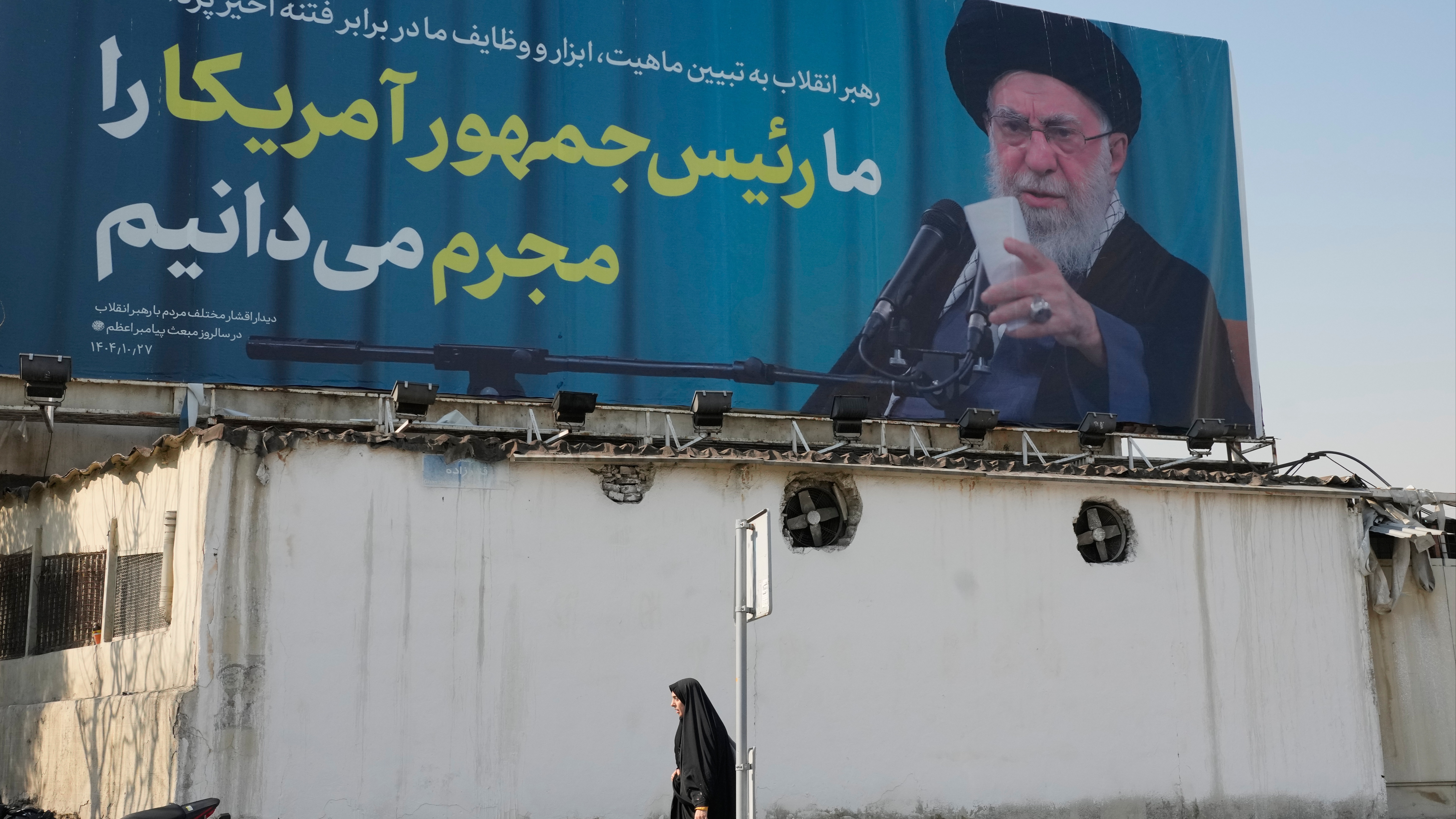Barbie maker Mattel has launched its first Down’s syndrome doll.
The new Barbie has been created following consultation with the National Down Syndrome Society (NDSS) in the US and will be available on pre-order in the UK from Tuesday.
Ellie Goldstein, one of the UK’s most prominent models with Down’s syndrome, has appeared in a campaign to mark the release.
The 21-year-old, who has been featured as one of British Vogue’s cover stars for the magazine’s May edition, said: “I am so happy that there is a Barbie with Down’s syndrome.
“Seeing the doll, I felt so overwhelmed – it meant a lot to me and I’m so honoured and proud that Barbie chose me to show the doll to the world.
“Diversity is important to me as people need to see more people like me out there in the world and not be hidden away.”
Down’s syndrome is caused when a person is born with an extra chromosome which usually causes intellectual disability and physical changes to their appearance.
Medical professionals were also consulted to decide on the characteristics of the doll, which has a shorter frame, longer torso and a new head sculpted with shorter ears and a rounder face.
The doll also includes a single line on its palms, a characteristic often associated with people with Down’s syndrome.
Carol Boys, chief executive of the UK Down’s Syndrome Association, said: “The Down’s Syndrome Association (DSA) are pleased to see that Barbie is introducing a doll who has Down’s syndrome into their range.
“As the only charity in the UK supporting all aspects of Down’s syndrome, we often hear from families who feel their children are not represented enough in the mainstream media.
“We therefore welcome the fact that children in our community will be able to play with a doll that represents them and their lives.
“We look forward to seeing her on the shelves alongside Barbies who wear hearing aids, use wheelchairs and celebrate inclusion.”
The Barbie Fashionistas line, which began in 1959, has seen more than 175 looks with different skin tones, hair textures, body sizes and dolls with different disabilities.
Lisa McKnight, executive vice president and global head of Barbie dolls at Mattel, said: “As the most diverse doll line on the market, Barbie plays an important role in a child’s early experiences and we are dedicated to doing our part to counter social stigma through play.”
Follow STV News on WhatsApp
Scan the QR code on your mobile device for all the latest news from around the country




























